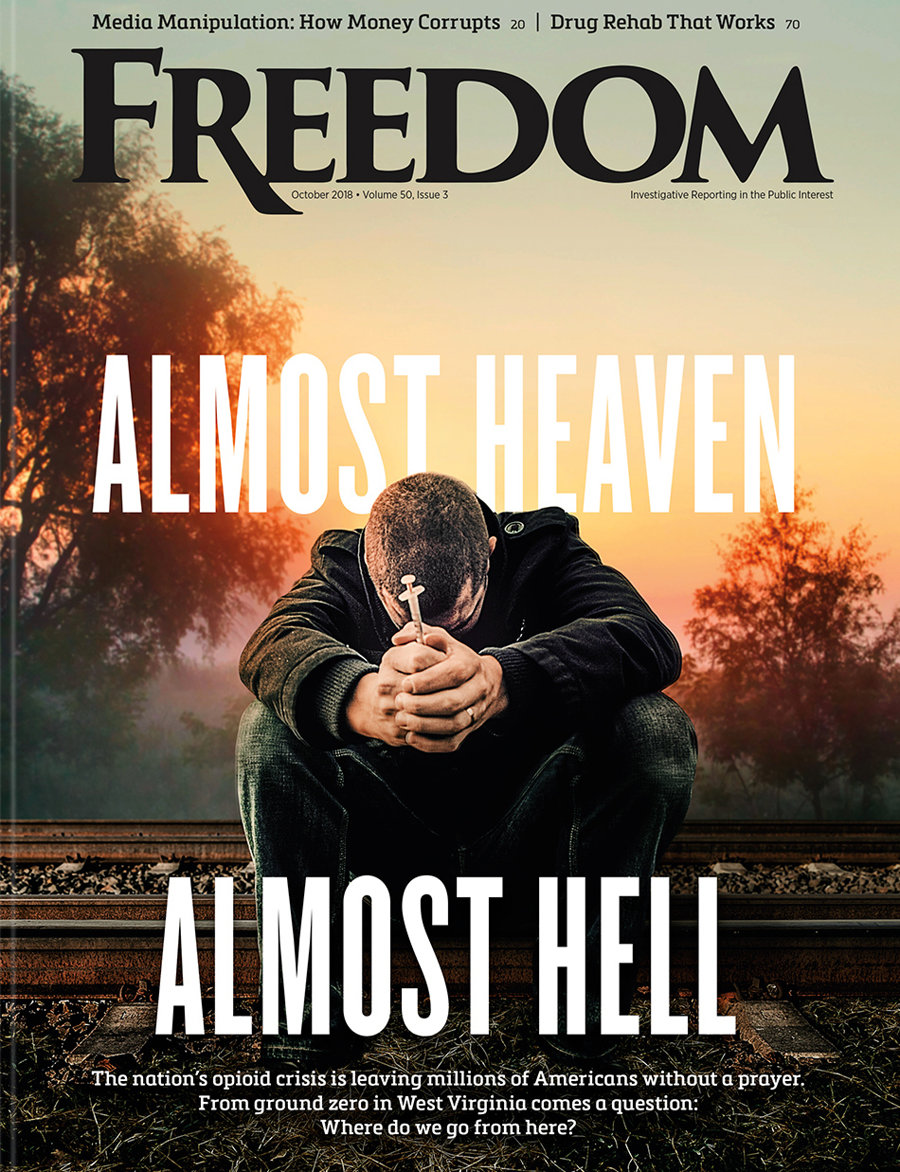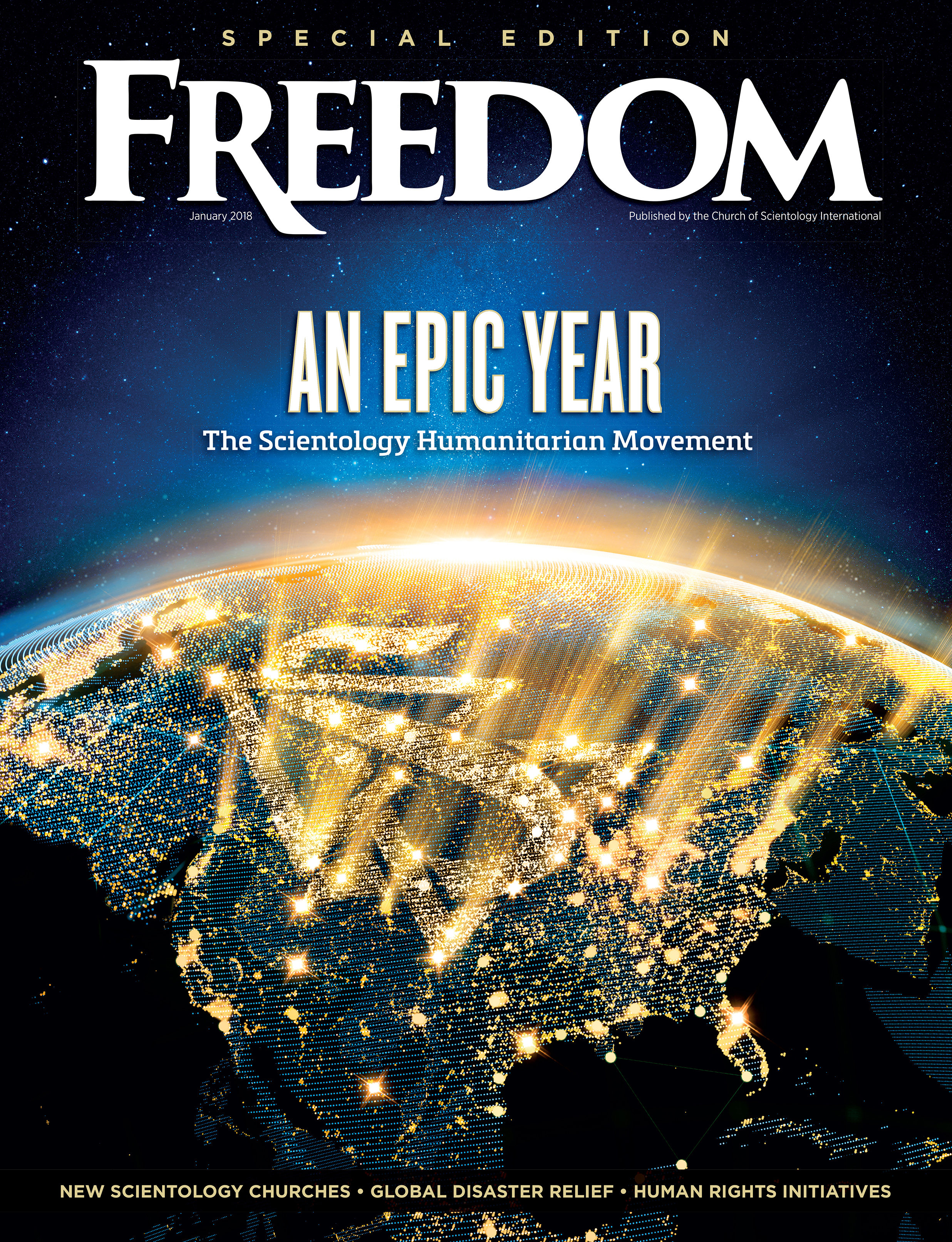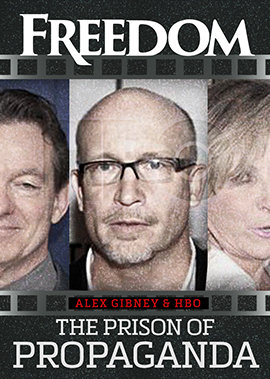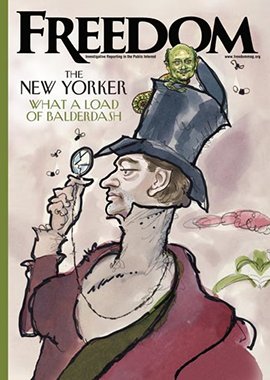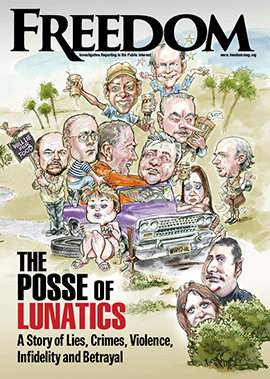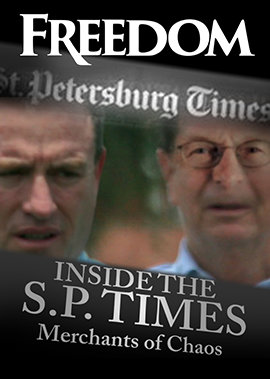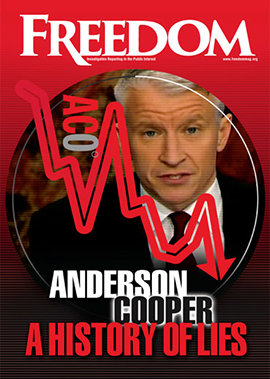“Trust yourself to change the world.”
—Iris Stefania Petcu, age 20, human rights advocate for 11 years

Mexican Congressman Luis Zamora was appalled by this cruel and debased treatment of innocents and vowed to do something about it. He proposed the Law of the Invisible Children and secured funding to build a facility exclusively for incarcerated mothers and their sons and daughters to provide them the services they deserve as fundamental human rights.
And this July at the United Nations, Zamora graciously accepted the 2024 Human Rights Hero Award, bestowed at the 18th International Youth for Human Rights Summit, the annual platform for top human rights activists to exchange ideas, develop plans of action, and forward a movement in the name of global peace.
Human rights are the rights you have as a human being, no matter who you are, where you live or what you believe. They are part of the package of being you. They include the rights to life, liberty and privacy, freedom of expression and belief and the freedom to education and asylum. Numbering 30 in all, we’ve always had these rights, but they were formally laid down in 1948. And now that they exist in readable form, they must be learned.
“Fighting for what’s right rarely comes easy. You all know that this is hard work and that you don’t always succeed. But you never give up.”
That is precisely the modus operandi of Youth for Human Rights International: getting everyone to know their human rights—through the school system, through the home, through youth clubs, through workshops with police, through the distribution of educational materials and, ultimately, through legislation. To date, through the United for Human Rights and Youth for Human Rights Summit alone, over 30 million people globally have been reached with the message of human rights.
The annual Summit is an opportunity for members, delegates and dignitaries from Afghanistan to Zanzibar to gather, share stories and insights, build relationships and inspire and take action.
This year’s Summit, launched on Nelson Mandela Day, saw over 52 youth delegates represent more than 30 countries over three days packed with panels, speeches, stories and the occasional much-needed pep talk.
“I don’t need to tell any of you that fighting for what’s right rarely comes easy. You all know that this is hard work and that you don’t always succeed. But you never give up,” US Ambassador to the United Nations Linda Thomas-Greenfield told the gathering. “This work takes grit and guts. It takes resilience. And it takes hope, even in the darkest of moments.”

Over the next three days, attendees tackled some of the toughest issues facing those working to bring about a respect for human rights—from sexual violence and trafficking, to discrimination, wrongful imprisonment and torture.
Throughout the Summit, and no matter the subject or the panel, the theme of education resounded as the key component to transforming human rights from hope to reality:
- “You can’t defend what you don’t know. Human rights [are] the moral technology of our age.” —Former UN High Commissioner for Human Rights Bertrand Ramcharan
- “It all begins with education. That’s why we’re here.” —Executive Director of the Hawaii Institute for Human Rights Joshua Cooper
- “Human rights education isn’t a maybe, it’s a must be, and when it’s a must, that’s when we empower, unite and transform lives.” —University of North Dakota Director of Indigenous Teacher Education Renuka de Silva
Of all violations of human rights, the most heartbreaking is the atrocity of human trafficking, a $246-billion-per-year industry targeting the most vulnerable: children and underage girls.
At the Summit, documentary filmmaker Derek Hammeke described the making of Finding Home, which follows the lives of three Cambodian women who were victims of sex trafficking in their early teens. “I could not stand to see this was happening. I look at the work I was able to do as an act of service,” he said.
“The scourge of human trafficking, modern-day slavery, treats people like expendable commodities following the laws of supply and demand,” said Youth for Human Rights President Dr. Mary Shuttleworth. “It is urgent to humanize all people by teaching respect for human rights. Our learners in schools are all potential victims, traffickers and perpetrators. We must reach and teach our students human rights to create a world where slavery will truly be abhorrent and nonexistent.”

A living example of Dr. Shuttleworth’s words was Harold D’Souza, a labor trafficking survivor, Eyes Open International co-founder and past Human Rights Hero awardee, who shared his chilling story on the final day of the Summit. Once a businessman in India, D’Souza spoke of accepting what he believed to be a managerial manufacturing position in the United States. The “offer” turned into a nightmare of modern-day slavery. His visa documentation and savings stolen, D’Souza was forced to work seven days a week in a restaurant for 12 to 14 hours daily with no pay. The living conditions were squalid. He only escaped after more than a year.
D’Souza described first finding the United for Human Rights materials and how he has since carried them with him “like the Bible.”
D’Souza’s words expressed the urgency and far-reaching importance of the Summit attendees’ crusade to reach billions with the message of human rights.
“The 30 human rights have changed my life,” he said. “They give me energy. They give me power, they give me courage, every second, every minute on this planet. Do not be scared. There is hope. Fight for your freedom.”
Knowing well L. Ron Hubbard’s admonition that “Human rights must be made a fact, not an idealistic dream,” Scientology ecclesiastical leader David Miscavige was inspired to launch the Church of Scientology’s global human rights campaign, the largest nongovernmental information campaign to advance the United Nations Universal Declaration of Human Rights.
To date, the program has forged partnerships with over 2,200 organizations and government agencies to foster human rights across the globe, more than 1.8 million students have been empowered with human rights education, and over 42,000 schools worldwide have implemented the campaign curricula, all made available to educators free of charge.
United for Human Rights and its program for young people, Youth for Human Rights, work to provide human rights educational resources and activities that inform, assist and unite individuals, educators, organizations and governmental bodies in the dissemination and adoption of the Universal Declaration of Human Rights at every level of society.






